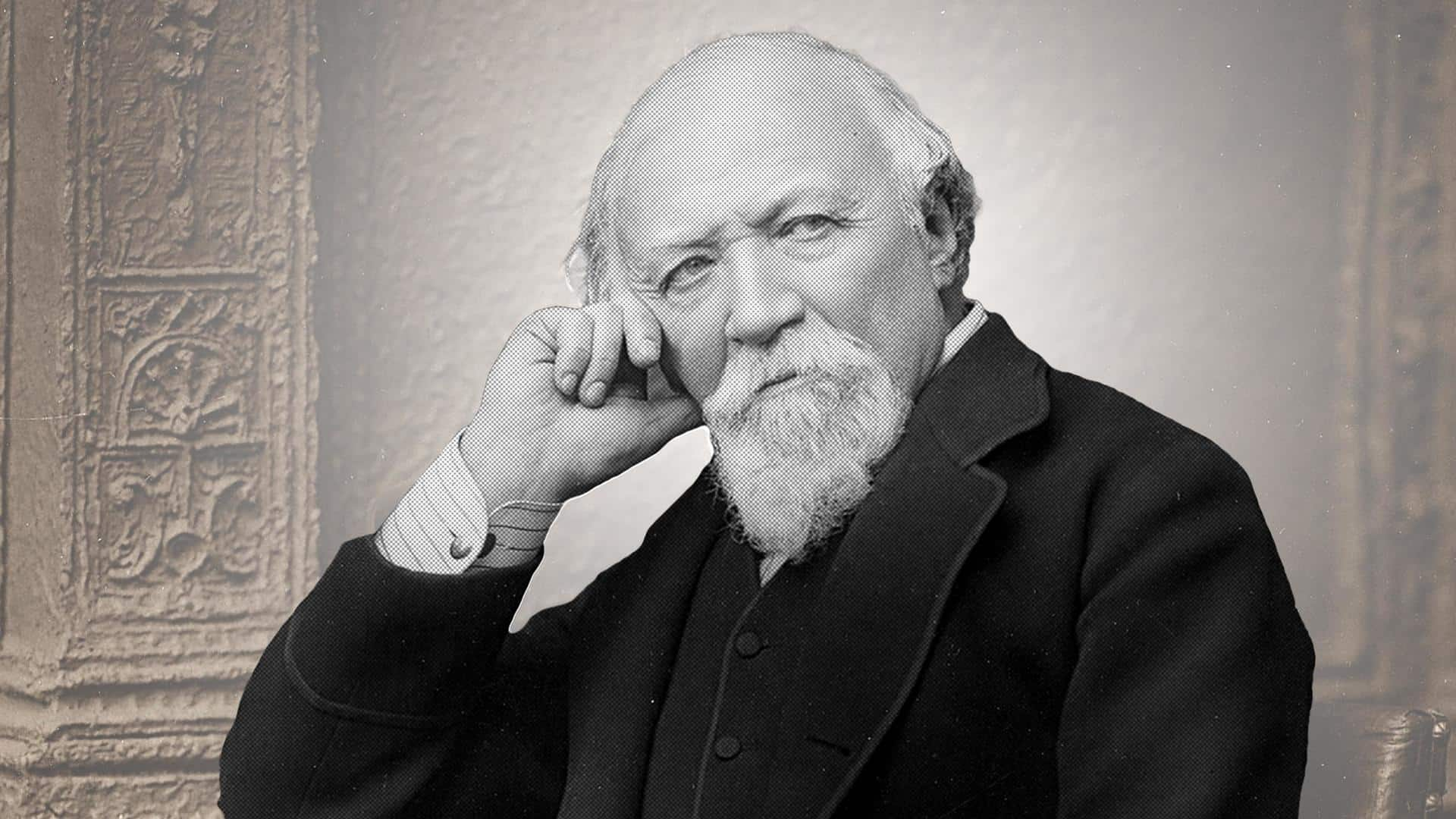
Robert Browning's birthday: Revisiting his most-remembered poems
What's the story
English poet and playwright Robert Browning was born on May 7, in the year 1812.
Browning is known as a poet of complex perspectives and narrative structure. Most of his poems have multiple viewpoints for a single moment.
However, his poems were all noteworthy for the meaning they carried within words.
On his birth anniversary, let us look at some of his best poems.
Poem 1
My Last Duchess
The poem introduces us to royal personalities, such as the Duke of Ferrara. In this poem, Browning employs an artistic piece to highlight the value of women in the Duke's life.
The poem opens with the Duke's new marriage announcement.
However, before embarking on a new relationship, the Duke introduces his audience to his late wife.
Poem 2
Meeting at Night
Meeting at Night, published in 1845 narrates how a lover sails across the sea to reach his beloved.
Love is the main theme of the poem with nighttime and sea as important motifs.
The poem allows readers to experiment with the point of view of the narrator as he shows how his passions and emotions affect his perspective.
Poem 3
The Pied Piper of Hamelin
This poem describes the old legend of the Pied Piper: a strange musician in multicolored clothing who saves the town of Hamelin from a plague of rats with his enchanting pipe-playing.
He eventually charms away all the children, upon being disapproved by his employers.
The tale is based on an actual event that occurred in 1284 in Hamelin, Germany.
Poem 4
Soliloquy of the Spanish Cloister
The poem is themed on hatred, hypocrisy, and self-deception.
It is about a jealous monk who finds pleasure more in the flesh than in the spirit.
The speaker, presenting himself as an example of virtue, accuses a fellow monk, Brother Lawrence, of his immortality.
But we soon realize that the flaws he assigns to Lawrence are his own.
Poem 5
The Lost Leader
The Lost Leader, published in 1845, is a political poem that criticizes individuals who abandon noble principles for personal gain and social favor. The poem mocks this "leader" for selling out and deserting his followers.
It's a subtle dig at Browning's fellow poet William Wordsworth, a once-radical writer who became conservative in his later years and accepted honors from a monarchy he once despised.
Bonus
Porphyria's Lover
Porphyria's Lover expresses the yearning and dangerous desire of the narrator for a woman named Porphyria.
This dramatic monologue deals with obsession in the name of love, and the element of madness often spotted in romantic relationships.
The possessive narrator realizes that the only way to make his moment with Porphyria last forever is to make it her last moment, and kills her unexpectedly.